Story
Syl Jones
About the Author of "Different Ways of Knowing"
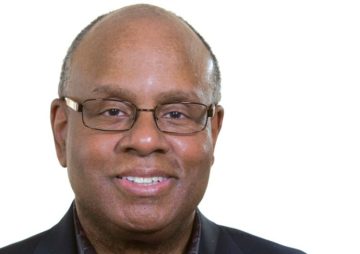
Narrative Medicine: A medical approach that utilizes people’s narratives in clinical practice, research and education as a way to promote healing.
“As I look back, narrative medicine has been part of my life since I was a kid. When I was a young boy in the late 1960s, my mother worked as a nurse at the Shriners Burn Institute in Cincinnati. She would bring home these uniforms that were different colors. She said kids respond better to pastels — the color white scared a lot of them, because it reminded them of ghosts. So I was learning about the inner relationship of child patients with their caregivers, and the stories the caregivers carried just by virtue of what they wore and what they said. I got to know some of those kids, and it helped both me and them. I felt a sense of mission.
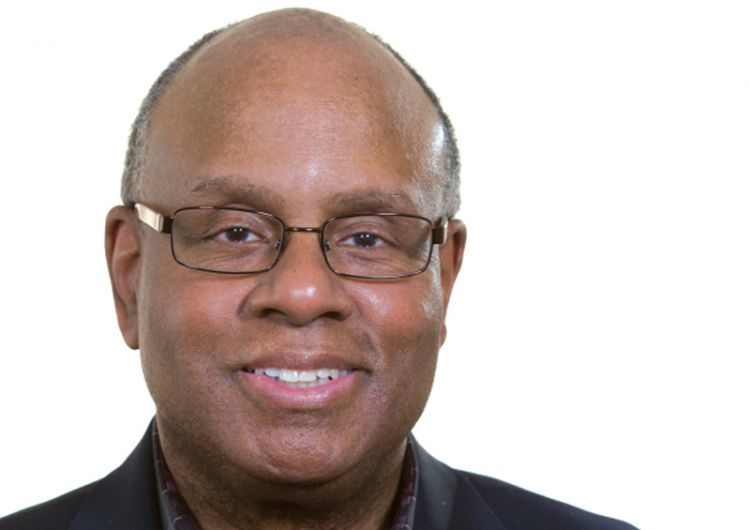
“I always knew I was a storyteller. I started writing professionally at 14 for the city newspaper of Cincinnati — I knew it was a gift I’d been given. I didn’t know there was a relationship between stories and health until much later. I graduated from Augsburg College and went to work for Modern Medicine Magazine as an investigative reporter. Working there taught me a medical vocabulary and taught me to love medicine and healthcare. Later I opened my own consulting firm, and was simultaneously working as a playwright (I’ve had more than 60 plays produced).
“I was driving one day and I heard the words ‘narrative medicine’ on National Public Radio. I almost ran off the road, thinking, ‘What is this thing I haven’t heard of that sounds like what I do?’ I read about it, and talked to a friend who had applied for a Bush Fellowship years ago. She encouraged me to go for it. It was daunting to think about all these people applying for just a few slots, but I was on fire with this idea about how narrative medicine can change the way healthcare is practiced. Now I know how prescient I was: The importance of stories has risen to the fore in healthcare, and outside of it as well.
“I participated in a series of seminar programs on narrative medicine at Columbia University, where the focus is on physician-facing narrative medicine — increasing their ability to become narratively competent, to absorb and work with the stories they hear during patient encounters. Textual analysis of literature helps physicians better relate to patients and their families, and become better attuned to the emotional nuance in a patient’s presentation of their own story. Reading, reflecting and writing about people and their situations helps you become a better caregiver.
“Patient-facing narrative medicine has to do with teaching patients how to tell their own stories, how to best communicate to a healthcare worker what your situation is and how to help co-produce your health. Health cannot be outsourced. Healthcare services can be performed by workers who collaborate with you to provide care you want and need and that you’re able to use. In a safety-net hospital like HCMC, one of the needs we have is to work with patients to help them understand their own stories and intervene in their own health narrative.
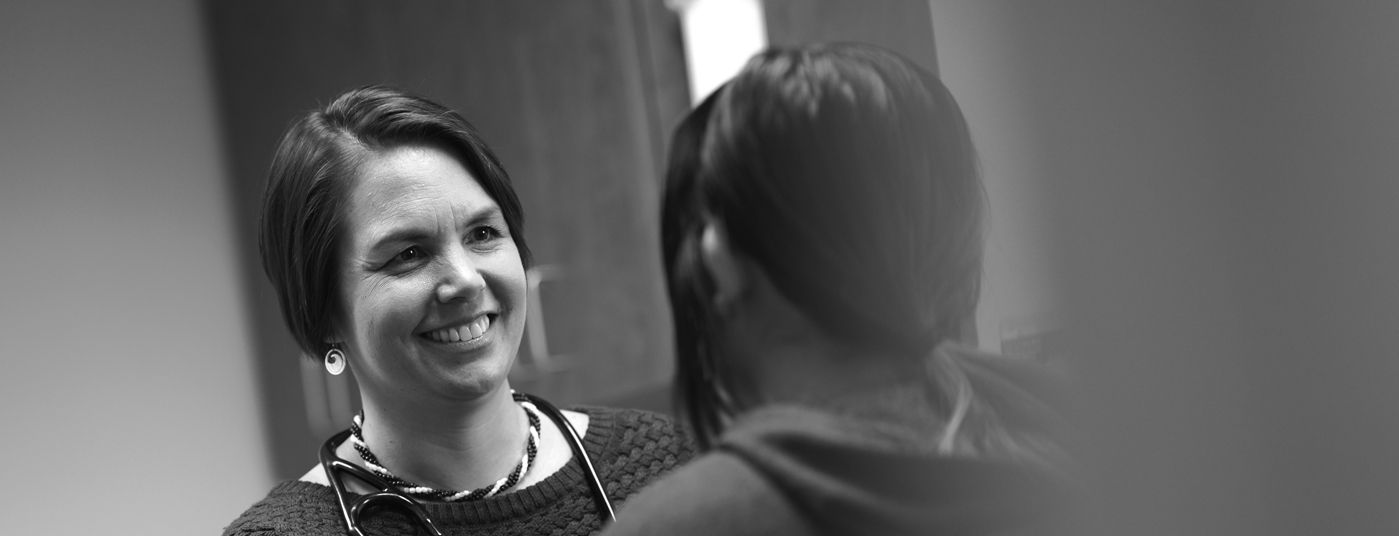
My background in narrative medicine helped me tell the story about Dr. Sniffen and the Karen Chemical Dependency Project. I realized Dr. Sniffen was a lot like the refugees she works with in that she had her own reticence, even in having a story done about her.
“Illness unfolds like a story. It has a beginning, middle and an end — it runs its course. Either you get well after a certain period of time, or you don’t, but either way at some point it ends. You go to the doctor to intervene in your health narrative. Once you understand that, you can do things on your own to change your illness narrative. Think about how empowering that is to a person.
“My background in narrative medicine helped me tell the story about Dr. Sniffen and the Karen Chemical Dependency Collaborative. I realized Dr. Sniffen was a lot like the refugees she works with in that she had her own reticence, even in having a story done about her. There is a match between her affect and the people she’s working with. The story about the meaning of her name is true in that she is a beautiful person inside and out, and her grace and charm is real. She’s authentic all the time. That reticence is born of her deep respect for the community she’s working with and her desire to be collaborative and not top-down. I had a transcript of her working with a patient, and I could see the gentle nature of her interactions with her patients. She draws them out in such a nuanced way, I was kind of amazed.
“Without the Bush Fellowship, I would not have been able to pursue narrative medicine as a discipline. It’s made me a stronger and more connected leader. I got to know so many practitioners of narrative medicine all over the world and see how they’re using it, and I became more determined to create my own platform for it. I could have gone to school and learned the traditional approaches, but I learned what I need to know to do my own thing based on these techniques. I didn’t fall into a slot. I’m making it work at a level-one trauma center and safety-net hospital in a big city. Having the guts to do that comes directly from being a Fellow and having that support.”
Syl Jones breathes life into narrative medicine with his telling of the Shana Sniffen and Karen refugee story. A 2014 Bush Fellow, Jones has spent much of his career at the intersection of storytelling and healthcare. These overlapping interests make him a natural fit for the field of narrative medicine, which he has dedicated the term of his Fellowship to exploring, most recently as a Resident Fellow in Narrative Health at Hennepin County Medical Center (HCMC).
Continue reading
-

News
Opportunity to work with us
As part of our office move later this year, we are exploring possibilities for the build out of the ground floor of the building. We are in the early stages of this and considering different types of operating models and potential partnerships.
-
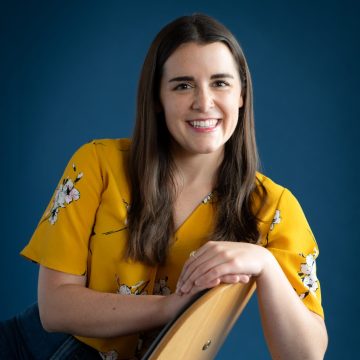
Staff note
Coordinating the work of our contact hub
We aim to be radically open in all that we do, and that includes being more accessible to more people and sharing what we learn along the way.
-
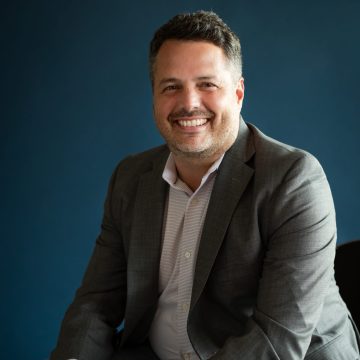
Staff note
Making every dollar work through impact investing
We have benefitted from the experience of other funders as we developed our impact investing approach. Now we are paying it forward and sharing what we have done and what we have learned.